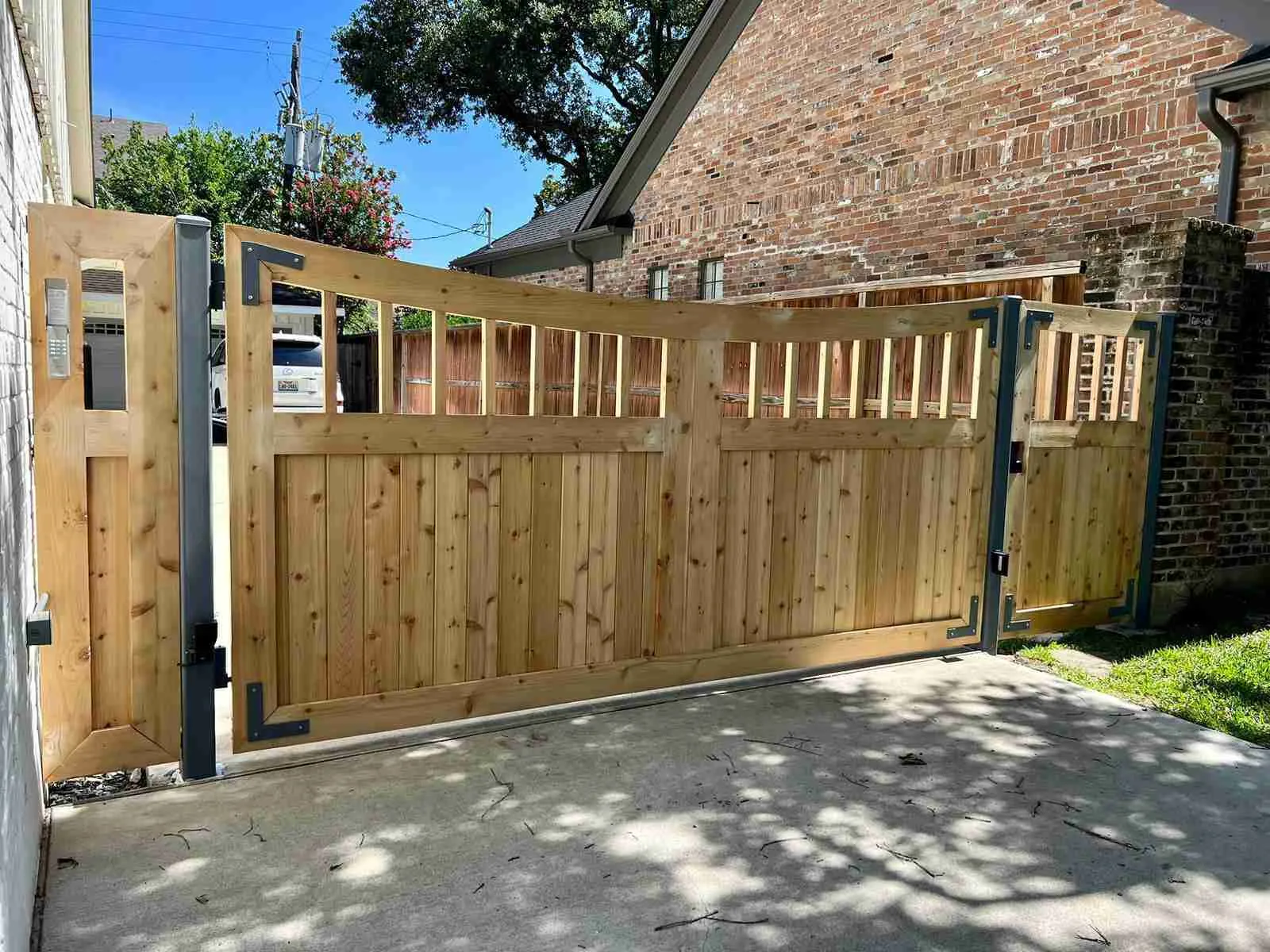One is often asked the question, What is sustainable farming and how does it differ from commercial farming? Sustainable farming means that whatever is farmed, raised and grown on the farm is consumed by the farm dwellers themselves. They are living off the land and providing all the food they need for their own consumption. In other words, they are pretty much self-sufficient when it comes to what they eat. Therefore, you will often hear of sustainable farming and self-sufficiency farming being used inter-changeably as they are one and the same. The land size that they own, is usually, but not always fairly small, by comparison to the more commercially orientated farmers. Thus you will often hear these small farms referred to as mini farms.
Commercial farming, on the other hand, is where crops are grown and cattle is raised for others in order to make some money. Not that farming is a lucrative, get-rich business, it is not, but by being a commercial farmer one farms with the intension of having a ready-known market, the knowledge of what current prices are for their crops and animals and what niche market will bear them a profit, both now and in the future.
The main Principle of Sustainable Farming: Land Management
First and foremost, as already mentioned one does not need a huge piece of land to become self-sufficient. So how small is small? Well, one can actually become self-sufficient quite happily on one acre of land. One acre of land can be used to create a mini farm quite happily leading to self-sufficiency. However, because it is possible to practise self-sufficiency on small farms, land management then becomes crucial. This then becomes the most important principle for sustainable farming and creating your mini farm. The clue, of course, is in the very word itself sustainablemeaning to keep something going. If the land that you use to farm is mismanaged, you will never be able to sustain any crops or animals at an acceptable level of productivity. What you will end up with are both diseased and ill plants and animals and your hopes of self-sufficiency will be unfulfilled.
In owning a mini farm there has to be a balance between the animals and the plants because ideally you want to create a food chain where each feed each other. You need the manure from the animals to enrich the soil so that the soil can then produce good crops, and which in turn, will go back to feeding the animals.
There also needs to be crop rotation. One cannot grow crops on the same piece of land year after year. Crops gown like this soon weaken to disease. However, the problem does not remain here, what happens is that the disease organisms that attack that plant multiply to such an extent that eventually the disease becomes uncontrollable. So plan your small farm with care, and make sure that some portion of the land is always kept fallow so that you can implement your crop rotation plan.
If you have animals on your mini farm you can put them to good use by allowing them to manure your crops in a controlled way. Animals need feeding so why not allow them into your crops but have them within an enclosed area? That way they are being fed, and at the same time fertilizing the land at the same time. Having chickens works very well. Not only do they fertilize the soil, but they also eat the insects that may be destroying your crops.
Look at the land resources that you have on your small farm and see how you can improve or utilize them. Do you have enough water on the property? If not, should you build a dam and if so, where would be the best place to put it? Irrigation is important and you cannot rely on the weather these days. Look too at where your prevailing winds are coming from and plant trees here to create a protective barrier for your crops. Replanting hedgerows is a must for those of you who are interested in organic farming and preserving nature.
Many overzealous farmers ripped out kilometres of natural hedgerows in the 80s and 90s in England. After such a thoughtless decision of the consequences, what they subsequently discovered that these had had many benefits. Not only had they helped stabilize the soil and prevent soil-erosion, they were also a benefit to controlling insects and pests. These hedges are a natural habitat for many of England’s birds, insects and mammals and which had created the very eco-system that had silently been highly beneficial to farmers who had had them. Many of the birds, for example, had fed on the very insects that, after the hedgerow destruction, were spreading in large numbers, as the birds were no longer there to keep them in control. As a result many farmers have now reverted to replanting the hedges. The inclusion of this example illustrates that as custodians of our planet, as farmers, we should take grave deliberation of any changes we make to the land and ask ourselves whether what we have planned to do will be harmful in any way.
Finally, there is the old adage, Waste not, want not. In sustainable farming and as mini farm owners the key is not to waste. Do not waste the natural resources that you have. Do not waste the opportunity to re-cycle everything. Take your vegetable scraps and either start a compost bin with worms for vermicompost or start an open compost heap. When you have pruned your trees and have grass clippings after mowing the lawn, add these to your compost. When you have animal manure, add that too, along with any animal residues after slaughter or crop residues after harvests. Waste nothing! The land can support, even if you own a small farm, as long you if you treat it well.






More Stories
Common Mistakes To Avoid While Choosing Bolt Manufacturers
Computer and Technology Today
The Reasons Agriculture is Important